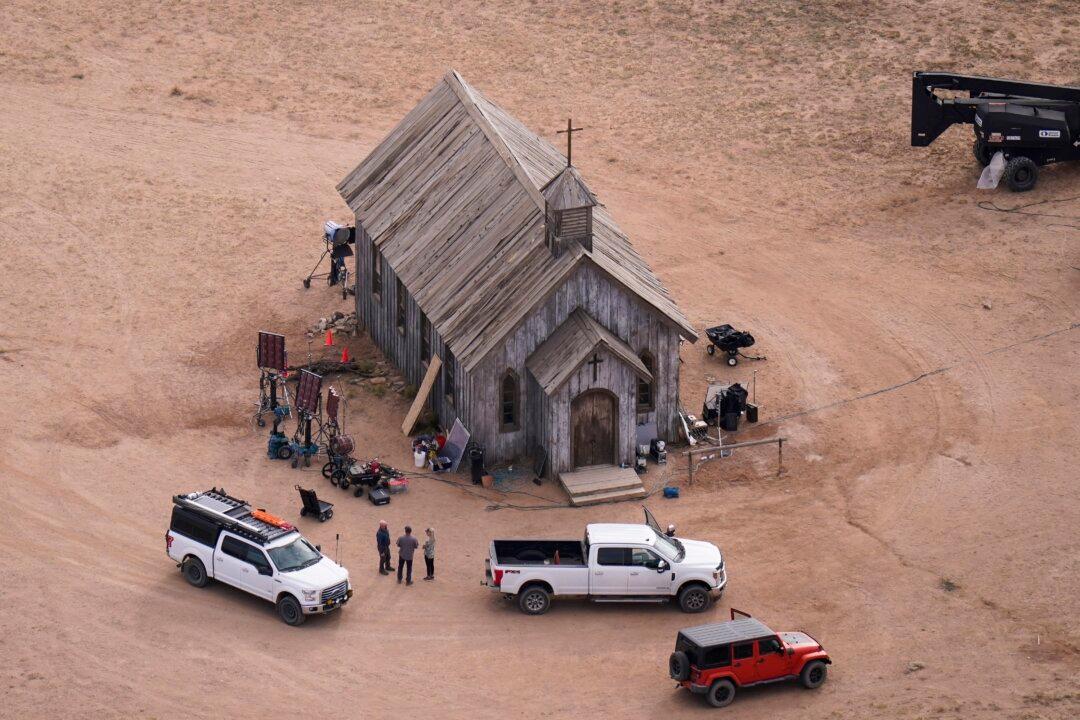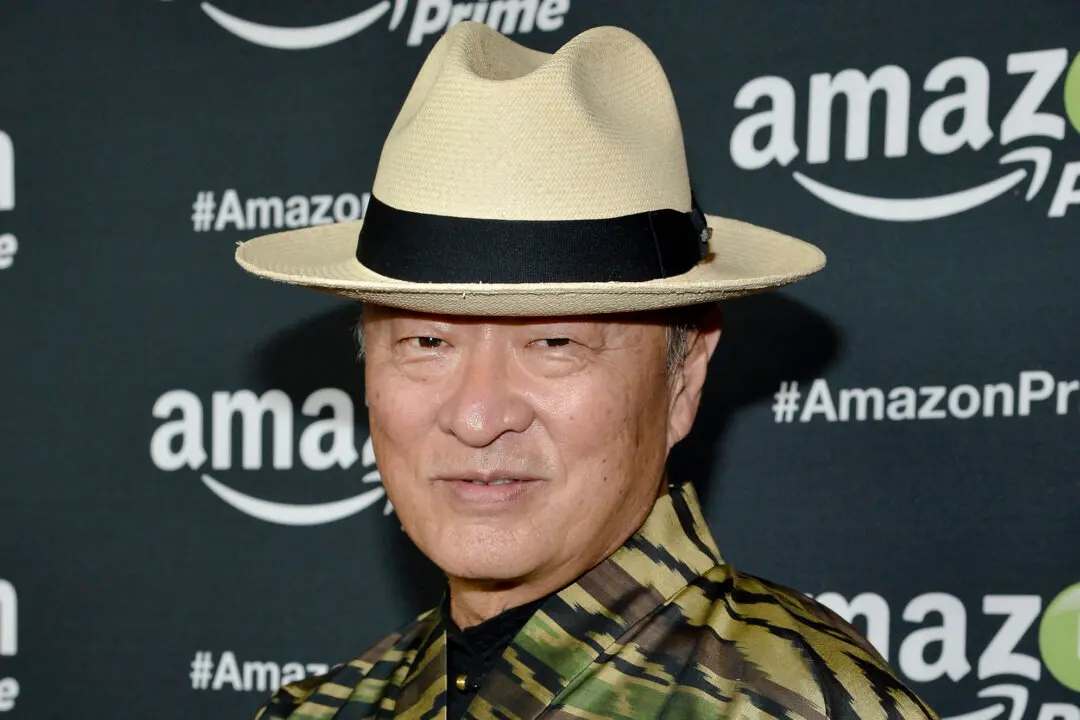Alec Baldwin’s Western film “Rust” is poised to make its world premiere next month, three years after the fatal on-set shooting of cinematographer Halyna Hutchins.
Baldwin, 66, was both an actor and a producer in the indie film, which will debut at the EnergaCamerimage International Film Festival in Toruń, Poland, on Nov. 23.





